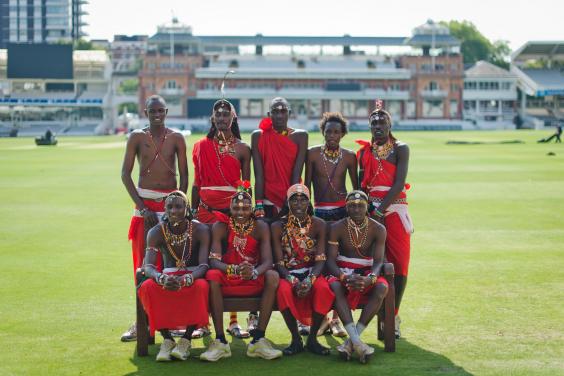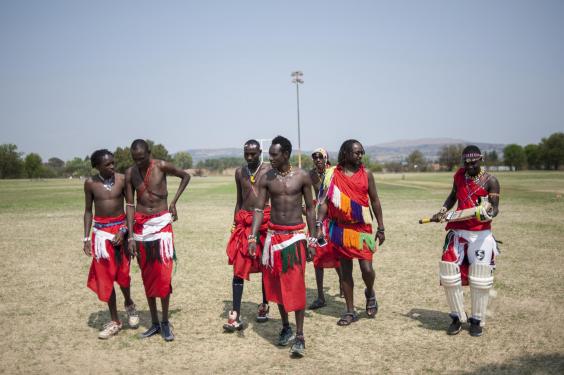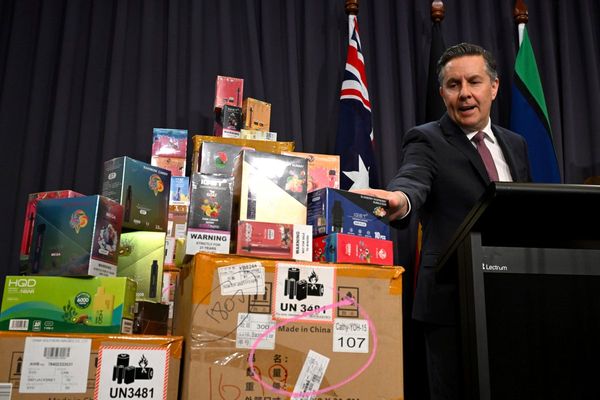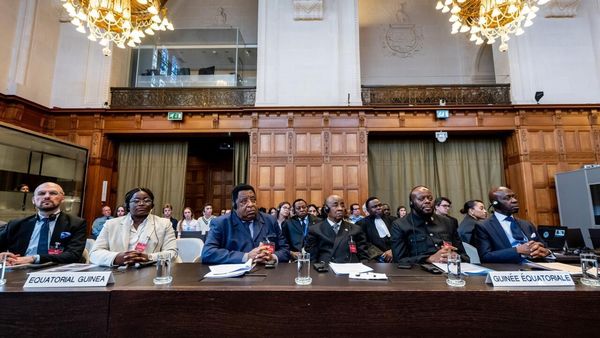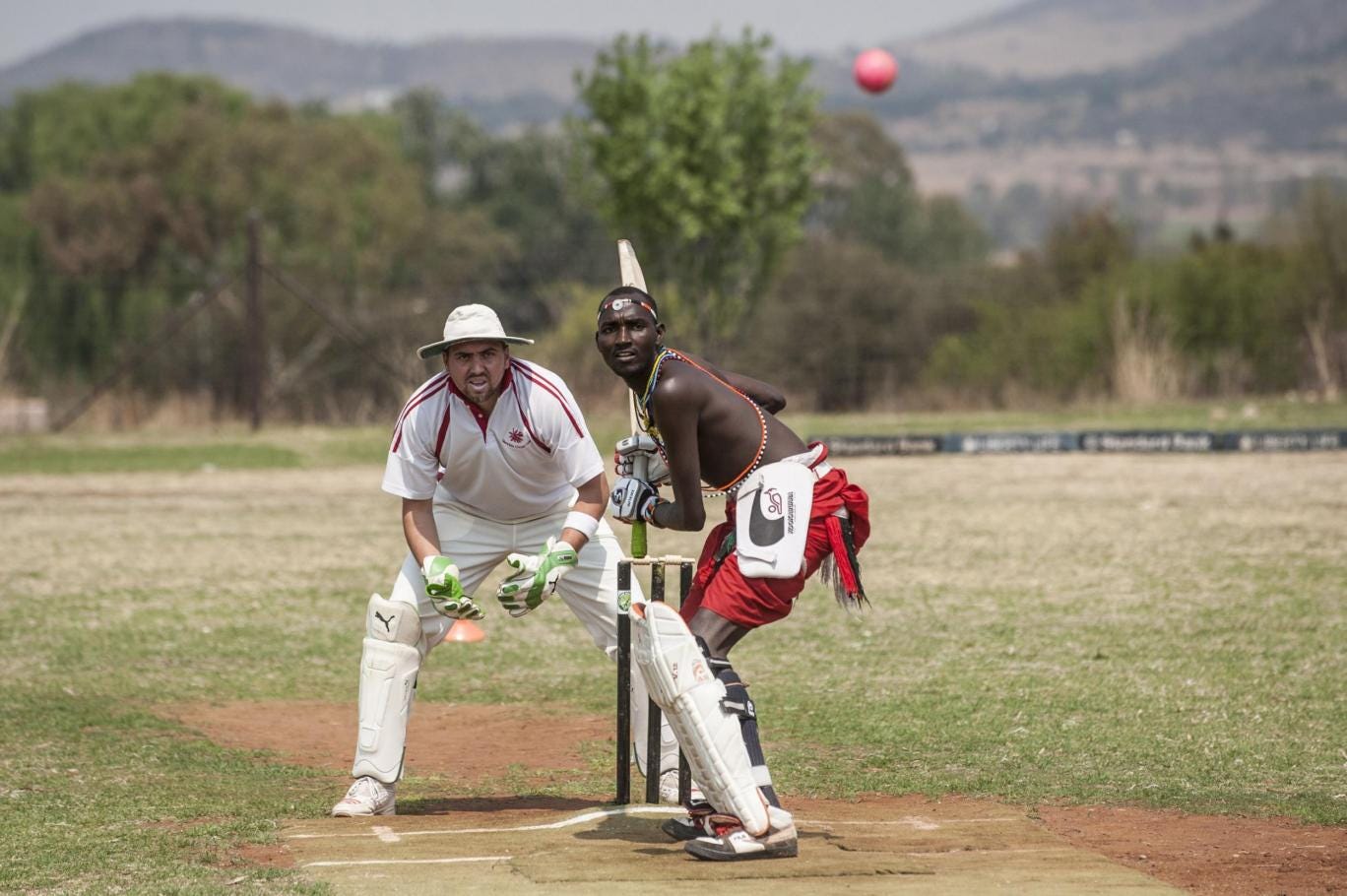
Cricket is the unlikely but effective vehicle for change among a group of Maasai warriors trying to stamp out the practice of female genital mutilation (FGM) in a new documentary released today.
Warriors follows the tribesman who set up the first Maasai cricket team in a remote region of Kenya as they travel to England to compete in the 2013 Last Man Stands world championship.
Captain Sonyanga Ole Ngais and the Maasai Cricket Warriors are young men trying to change the attitudes towards women that are deeply ingrained in their culture.
The Warriors have a difficult task ahead of them with the elders, who are shown at the beginning of director Barney Douglas's film scoffing at the idea of a woman having human rights.
Girls are subjected to FGM as young as eight or nine, pulled out of school and married off. Warriors documents Ngais and his friends as they use cricket to travel, unite the community, spread an important message about equality and fight for the rights of their wives, sisters, daughters and mothers.
The Warriors' determination to tackle FGM is about more than ending the brutal practice; it is about combating the arranged marriages, complications giving birth and sexually transmitted infections that arise after girls are cut. The narrative flits back and forth between the Warriors playing cricket and campaigning for equality, showing their determination to give each woman a place, a voice, and a right.
This film would benefit from giving the girls more of a presence on screen, but those who do appear have important stories to tell. One teenager recalls being traded for livestock before being cut. “An old man brought cows for my father, and took me away as his wife,” she explains, bringing their harrowing reality to the forefront of the film.
Elders are the head of the this community and challenging them on issues such as gender equality, FGM and HIV is a difficult task, but one that proves fruitful after the team returns to Kenya.
The film’s pivotal moment arrives during the final meeting with the elders and the younger Masai warriors, who return with a new standing in the community because of their cricketing success.
Douglas did not have a translator for this conversation and so could not interject, allowing the discussion to flow freely as young Maasai men agree to only marry women who have not been cut. A critical yet touching moment in the film, it demonstrates the bridge cricket has built between two ends of the spectrum in this community.
Ngais and Douglas now plan to hold screenings in different villages and even in different countries if the opportunity arises. “We are going to continue educating the girls and bringing them together,” Sonyanga says. “Before in the Maasai you are not allowed to question the people, the life, or the culture. With this agreement with the elders, the girls can now have that voice to talk for themselves. This film made everything clear for the girls to see that this is what is right for us and we have to follow it.
“We will take the girls with us because that is the only time we get the message well understood - when we have the real ambassadors talking about it.”
The Warriors are still playing cricket, and travel from village to village with the sport, training sessions, education and an important message about FGM. Their next competition will be in Australia in January.
“We are still playing cricket because that is what is what made us realise our message, and we are using cricket to spread this message,” says Ngais. “There is a lot of interest for youths and we want to empower the youth, when we empower the youths and the younger society that is when we can make change.”
Warriors is released in cinemas today.
